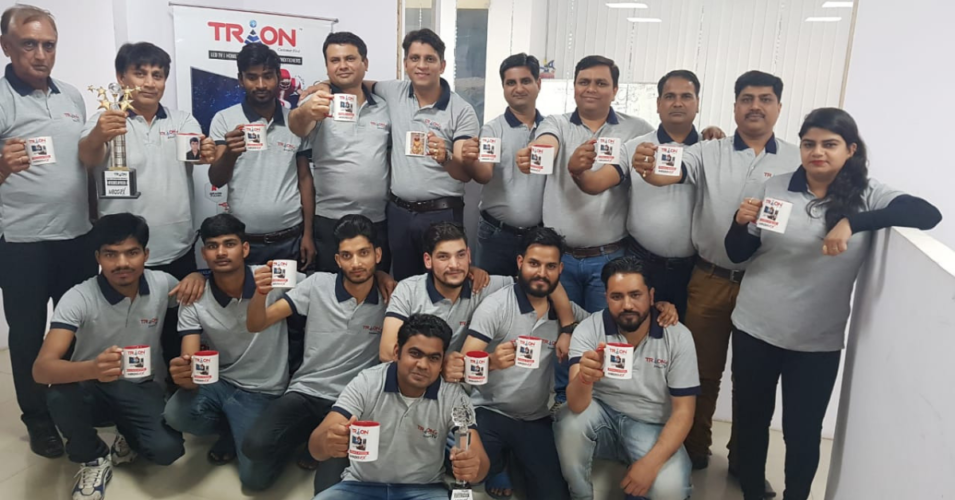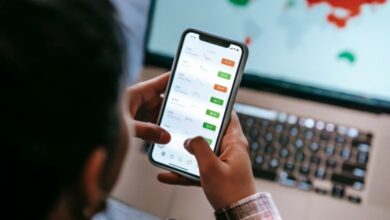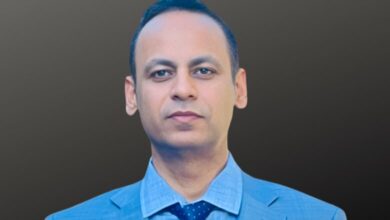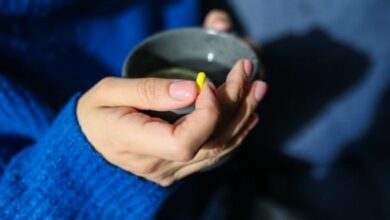Trion Global Announces Launch Of Home Theatre Systems ranging from INR 2200 to 15000

Trion Global has flooded the consumer electronics market with its affordable range of extremely robust LED TVs. It has succeeded in providing the best Smart LED TV viewing experience in its market segment.
New Delhi, India, Monday, April 01, 2019/Digpu/ —
India’s leading manufacturer of HD Smart LED TVs, Trion Global has announced the expansion of its smart solutions with the launch of its Home Theatre Segment. It has ruled the Indian Consumer Durables Industry since its inception by manufacturing HD Smart LED TVs starting from INR 7,990 only. Trion LED TVs come in all variants from 24 inches to 65 inches including HD, Ultra HD and 4K Ultra HD LED TVs.
Trion Global has flooded the consumer electronics market with its affordable range of extremely robust LED TVs. It has succeeded in providing the best Smart LED TV viewing experience in its market segment. The company is keen on manufacturing consumer durables adhering to international quality standards at Trion Global Plants.
“Our brand positioning in India is focused on replacing every existing CRT TV with an LED by providing the best quality at optimal prices,” said Mr Sumit Bajaj, Managing Director, Trion Global. ” We emphasise on sustainable after sales support with more than 560 service centres PAN India. Our core distribution network exists in Delhi NCR, Mumbai, Gujarat, Tamil Nadu, Nagpur, Guwahati, Orrisa and Uttar Pradesh. We are amplifying our dealer and distribution network all over the country. We are also open to distribution enquiries presently”
On asking about the Home Theatre segment, Mr Bajaj said,” We are coming up with a range of Home Theatre Systems. In the first phase, we have launched 6 Models, consisting of two models from the Pearl And Crystal Series, one model from the Diamond Series, one model from the OnyxSeries and two models from the Prime Series. Our Home Theatre Systems range from INR 2,200 up to INR 15,000. They come with a 12-month warranty and service is available PAN India. In addition to this, 7 models are in the pipeline right now.”
Commenting on future prospects, Mr Birenchi Narayan Deo, Director Operations, said ” Trion Global is boosted by its manufacturing strength and rich expertise in delivering quality to its customers. We are also venturing into the Air Conditioner Segment in 2019. Our team is engineering the production of a range of high-quality copper Air Conditioners in both Fix Speed technology as well as Inverter technology ACs. Our products will be available in the market later this year.”
For more details, visit https://www.trionglobal.com
For distribution enquiries, visit https://www.trionglobal.com/business-with-us/







